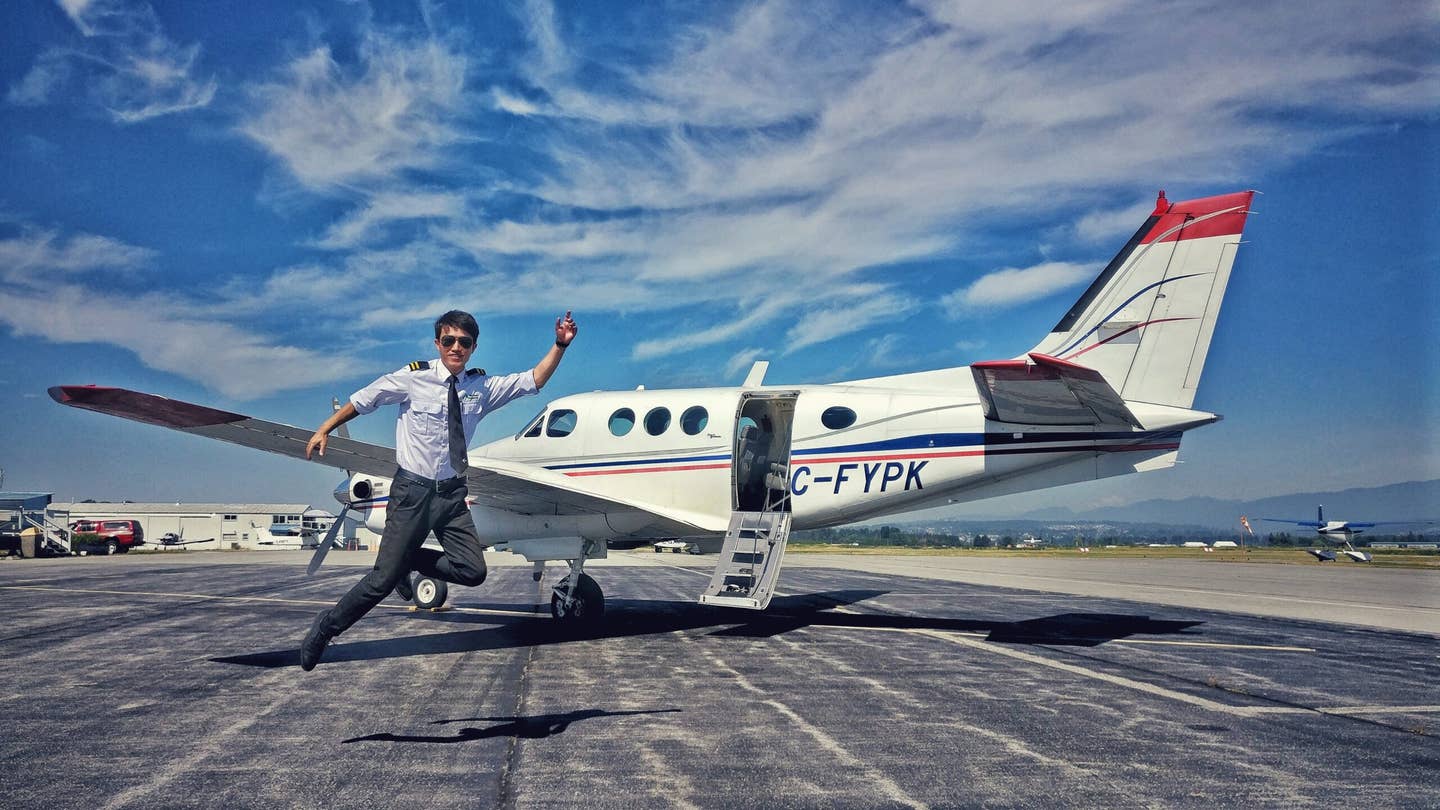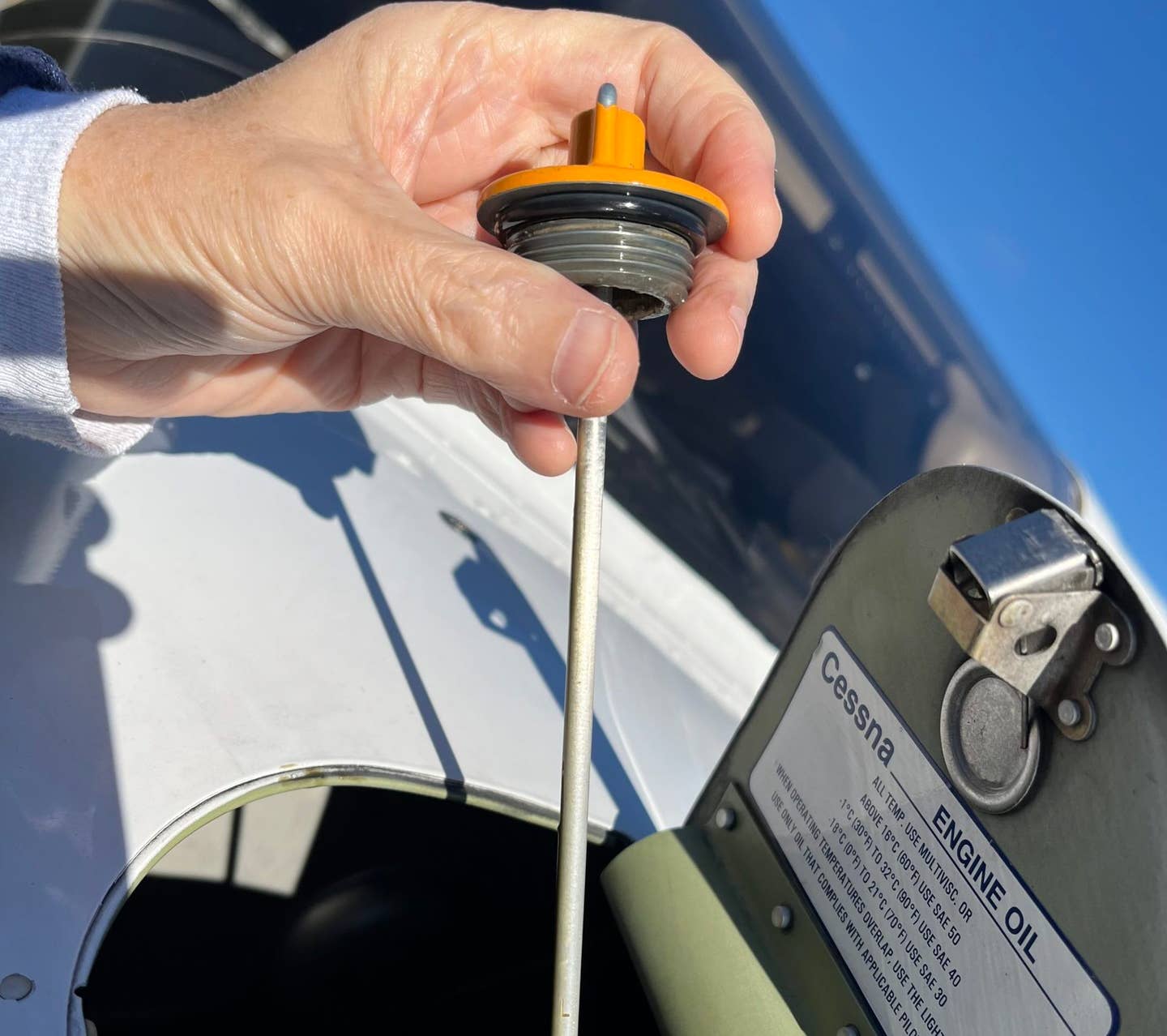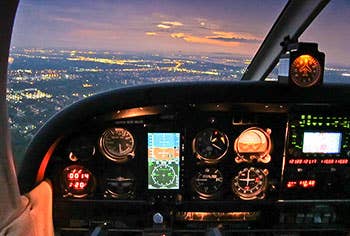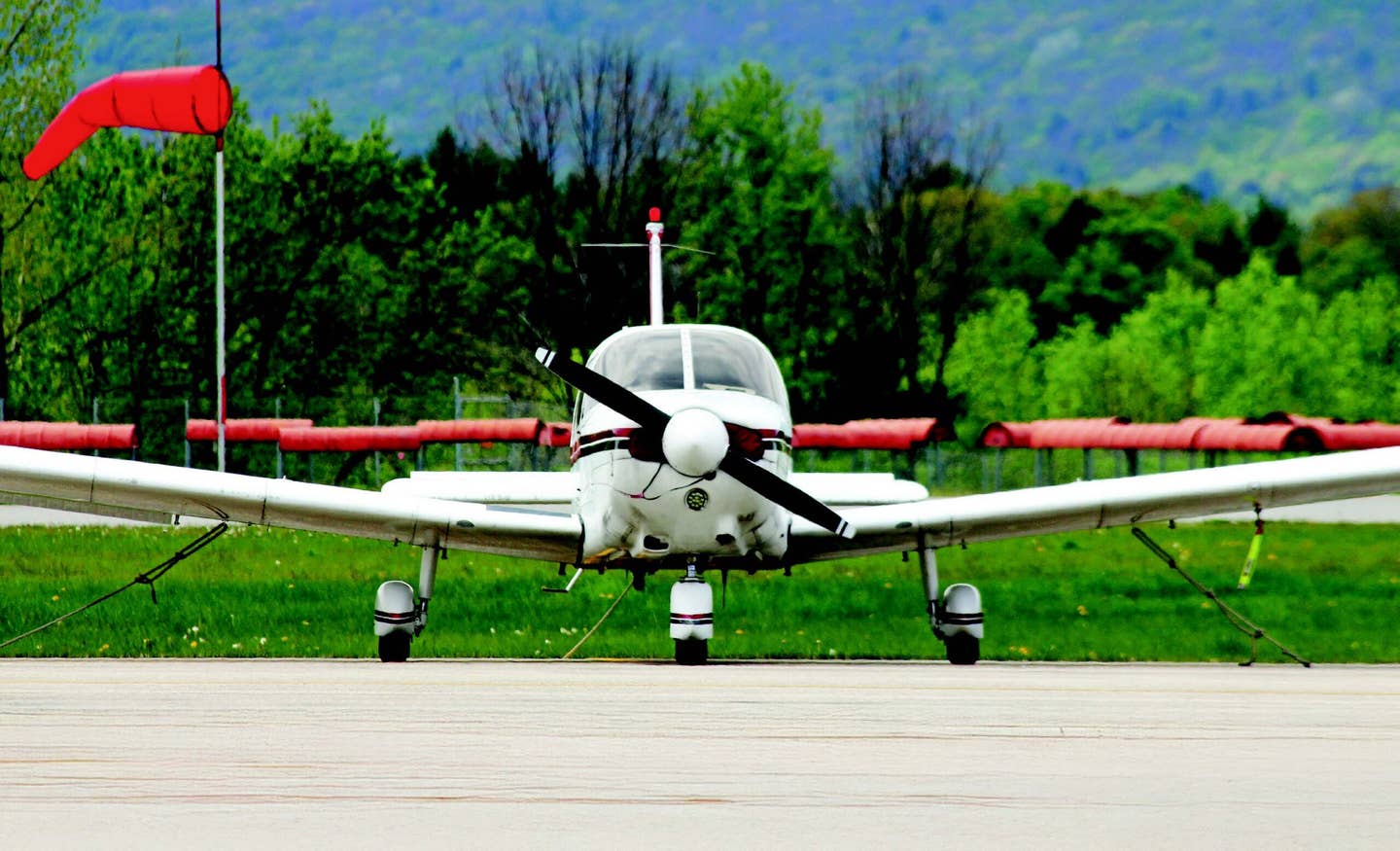
Take the time to assess your mental state before you go for any flight. Kora Xian/Unsplash
People with a broad range of physical capabilities can learn to fly airplanes, and it pays to know in advance what standards you need to meet in order to become a pilot. You also need to assess your ability to fly on a daily basis, making sure that your overall health and mental state allow you to fly safely and comfortably.
Every pilot needs to meet a certain standard of health and physical capability in order to safely operate an airplane—just as you do to drive a car or manage any other kind of heavy and/or complex equipment. The process of determining what standard you meet is called medical certification.
A pilot flying for personal recreation or business, in a light airplane or glider, needs to meet just a basic level of fitness, and qualify for a certification level known as BasicMed. Essentially, if you have the physical capability to drive a car, you can work with your regular, state-certified doctor to complete the BasicMed process. You'll go through a basic physical examination that tests your eyesight, hearing, and other factors.
If you plan to fly slightly larger aircraft, which may seat more than 6 people or weigh more than 6,000 pounds, or plan to fly faster than 250 knots, for example, you will need a third-class medical certificate. You will locate an aviation medical examiner near you, one that has been specially qualified by the FAA's Civil Aerospace Medical Institute, and go through a more involved physical examination that not only tests your eyesight, hearing, range of motion, reflexes, and other elements, but also looks more deeply into your medical history for any areas of concern.
If you wish to fly professionally, you will need additional levels of medical certification, depending on the size and passenger-carrying capability of the aircraft you plan to fly, and the type of operations. A second-class medical is required for general commercial operations, and a first-class medical is required for any that require an airline transport pilot certificate. Additional requirements apply, and some employers ask you to maintain a higher class of certification, or renew it more often than the minimum time period. These exams often require you to take baseline cardiac tests, at additional expense.
Once you have a medical certificate, you are signed off to fly on that day—but you will need to ensure your medical certificate stays valid by monitoring your day-to-day health against any issues. A cold that might send you to take an over-the-counter cold medicine is likely to disqualify you from flying that day, not only because of the danger of flying with congested sinuses, but also the medicine itself interfering with your ability to fly the airplane safely. That's just one example. Other health issues such as broken or sprained limbs, the flu, and more extreme circumstances like a cancer diagnosis can also put you off flying for a while, until those conditions resolve.
Another element of fitness to fly lies in your mental health. We all deal with stress from time to time, but when it builds up to a tipping point, we don't think through things very well, and we can easily be distracted. If you've got a lot on your mind and want to fly anyway, take a pilot friend along to make sure your stress level doesn't interfere with the flight. Long-term mental health issues, such as depression and anxiety, should also be addressed before you fly. There are many ways to manage these concerns.

Sign-up for newsletters & special offers!
Get the latest FLYING stories & special offers delivered directly to your inbox






